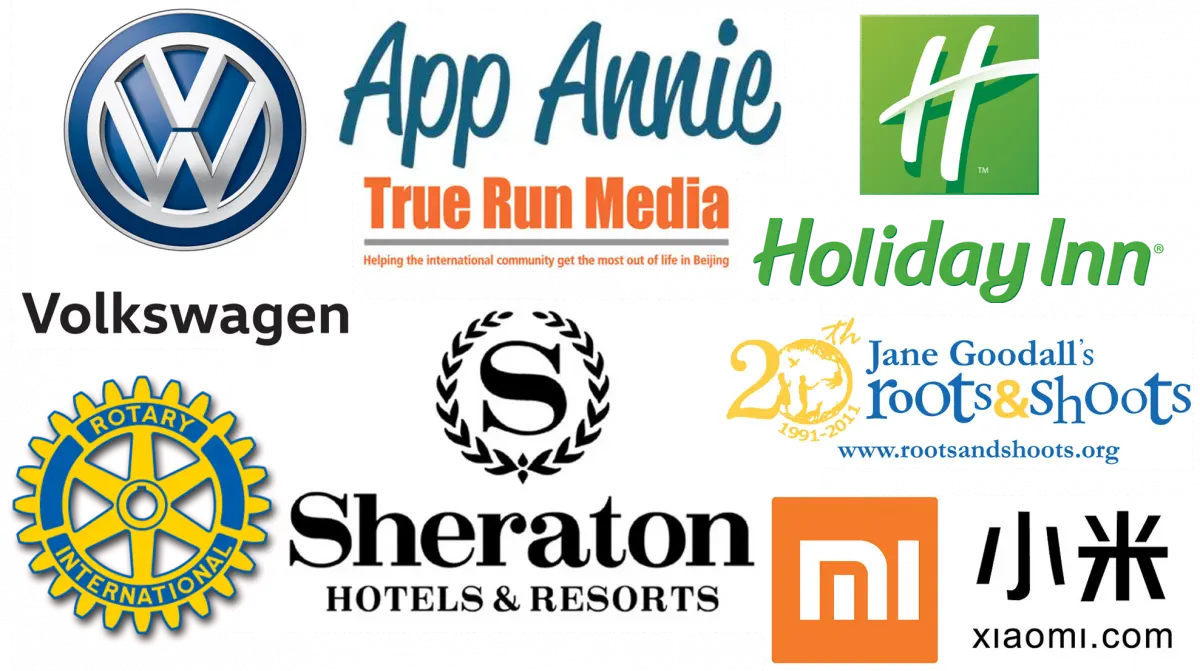The Global Chinese Powerhouse
Will Not Speaking Chinese Be The New Illiteracy In The 21st Century?
“The Chinese are everywhere!”, an exclamation echoed around the world.
How did they get there, what is their relationship with the motherland and how long are they staying?
With increasing economic power and international presence, what is said about “Made in China” are no longer jokes but rather omnipresent expectancies.
Imagine a world with one economy strongly dominating the rest.
Good news, you won’t have to imagine it for long, as China is well on its way to – and forecasted to be – the largest economy, expected to surpass the US GDP by 15 trillion USD by 2035.
As a current E7, or emerging economy, China is already growing into the number one economy in the world. The growth of the Chinese GDP is partly due to China catching up to the productivity of the US, because thanks to the size of China’s population, they only need to match 1/4th of the US’s productivity to be equal.

A known fact about the Chinese, they love to spend. Therefore, the increase in Chinese consumer spending, forecasted to grow 7% annually, should be no surprise.
During the growth and expansion of the market, where does the productivity come to play?
Meet China’s current and forecasted top trading partners: The United States, Japan, Germany, South Korea, Hong Kong, Denmark, Vietnam, India and The Netherlands. The rapid growth leads to the increase of international exports to China.
All the products you know and love? China has those too!
When you think about Chinese tourists, do you imagine a group following a flag?
While currently, over 50% of China’s outbound tourism are group travels, the number of individual travels, especially amongst 20-35 year olds, is expected to increase.
With growing consumer spending on the rise, so is Chinese tourism spending, making China the largest source market for international tourism globally. The number of Chinese tourists is expected to grow from 120 million per year to 220 million over the next 10 years, leading to a total of 12%, of the population being in possession of a passport.
They’re like that one friend that comes to your house to eat all your food and then leaves again, doesn’t mean we don’t still love them.
While current travels are focused on South East Asia, future travels will be directed towards Australia, Japan, India and Sri Lanka. Soon, all you will be able to eat for breakfast in hotels abroad is fried rice and dumplings.
Surely you’ve heard someone say “The Chinese are taking over the world!”.
While they aren’t seizing power (yet), they are located in most countries. Chinese diaspora, or Chinese who are located abroad, have spread out around the world. Their relationship with their new home country is strictly business with their only political agenda being to improve policies for Chinese in foreign countries, if any at all.
Take a step back to see what the Chinese diaspora have already done to see what they are capable of in the future.
After the Manchu regime was overthrown in 1911, the diaspora Chinese were the main source of funding for China’s revolution.
When DengXiaoPing came to power he created the policy of “reforms and openness”, meaning that China would strengthen its ties and open its doors to other countries. This, would have been very difficult without those who were already vested in those countries.
Caught on to the trend? Chinese diaspora are the source of inward foreign investment which has helped the Chinese economy grow into what it is today, and will continue to help it grow even more in the future.
Now, take the English language. Beautifully descriptive, isn’t it? Well, take a closer look at the colourful vocabulary we love to use. Words and sayings coming from Chinese and Cantonese are more present than you think:
Brainwashing (literally translated from Chinese), kung fu, zen, yin yang, fengshui, tea and tofu.
There are also many words for which English has borrowed the pronunciation: ketchup, typhoon, tycoon and ramen are just a few examples of ways that even the Chinese language, has found its way into Western everyday life.
So, hopefully you aren’t in a panic but, what now?
While numbers and facts have been thrown around, these shouldn’t scare you but rather inspire you. Sure, English will get you far today, but how can you get ahead of the game and be a part of the growing powerhouse tomorrow?
Take the first step, learn the language. While it may seem daunting, knowing even the most basic Chinese will help you get ahead in the Chinese business world.
At Hutong School our goal is not only to teach the Chinese language to our students, but also to integrate them in Chinese society and familiarize them with the culture and history, preparing them for becoming key players in the future.
Now, as they say in Cantonese – Chop chop! Wait – they’ve taught us that too.